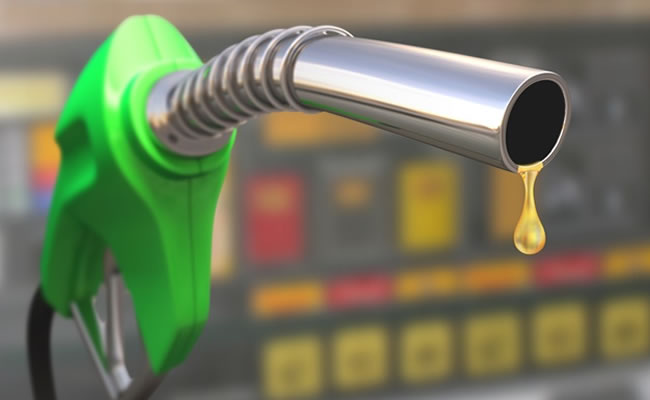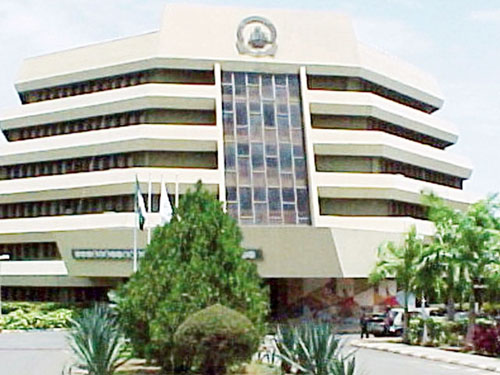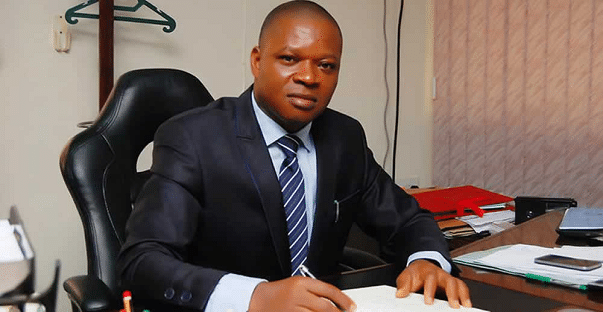Stakeholders lament high cost of conversion of PPMS to CNG

By Temitope Adebayo
In a bid to find other means of survival for Nigerians due to the recent fuel price increase as a result of subsidy remover by the Federal Government, the harsh effect on transportation and the economy in general, stakeholders in the Transport and Energy Sectors have identified gas as a ready alternative.
The major issue is the high cost of conversion from Petroleum Premium Spirit (PPMS) to gas (CNG and LPG).
The industry experts said this at the Nigeria Auto Journalists Association (NAJA) 2023 annual training workshop held in Lagos recently.
According to them it was no longer gainsaying that gas has become the way to go as an alternative to fuel – Petroleum Premium Spirit (PPMS) especially in the transport and logistic chain of the economy.
However, a major hindrance identified was that of funding to finance the conversion of vehicles from PPMS to gas as this comes with a huge cost.
CEO/Founder Creek Transitway Limited, an Energy Company developing natural gas solutions for Transport and Power Sectors, Mr. Elijah Wisdom, said that financing for conversion is a challenge because the operators do not have the initial capital to convert.
Conversion from PPMS to CNG according to him comes at an average cost of N300,000 to N350,000 which most transporters would not be able to pull out at a go, noting that the movers of the economy are public transport operators; the likes of the tricycle (keke) operators, taxi and buses who are having a direct impact on the economy.
To tackle this, he said the Company has built a model that enables transporters to convert their vehicles and pay in instalments, also adding that it seeks collaborations and guarantees from the government, especially of the different states.
“So we built a finance model where you convert and repay for one year and like that the cost of transportation can come down.
“With the CNG adoption, we want the government to stand as guarantors to propel finance institutions to fund conversion. We’re not asking the government for money but to guarantee.
“The government is already pushing for conversion to gas but the challenge is the implementation. Funding is needed to implement this. The gas expansion fund is actually domiciled with the Central Bank of Nigeria (CBN) but now the rules the CBN gave to access the fund is stringent,” he explained.
Elijah disclosed that his Company is seeking collaborations with states and also showing the states they can diversify their revenue if they invest in the CNG value chain. He stressed that every investor in conversion would enjoy a return on investment.
“To convert 1000 keke would cost N350 million and in some states you have a minimum of 30,000, also taxis and buses are in huge numbers,” he pointed out.
He lamented that some people have been trained in the skill of conversion of vehicles that run on PPMS to CNG but that the inability to pay for conversion remains the hindrance.
He said: “It’s not about conversion but to be able to pay back. We need to have chains to start converting. We have an end-to-end solution we have built to ensure that every investor would not have their investment go down.”
Elijah allayed fears on conversion cost, saying that conversion is quite expensive now because Nigeria is not manufacturing any of the kits locally but would come down when kits are manufactured locally.
“We’re looking at a company that can set up a conversion kit centre using local materials to reduce cost. We’re also looking at setting up a local assembly plant for conversion kits,” he said, assuring that this would bring down the cost in the near future.
He also said that off-takers are very important so the value chain has to be based on the capacity of the off-takers to afford the cost. “If you tell a keke driver that if he can convert his tricycle to gas he may not be interested because of the cost but if you tell him there’s a partnership he’ll be interested.
“So we want to target the off-takers; what we did was to develop a model that would make the investors see their investment.
Also speaking on speaking on funding as a bane to the conversion of vehicles from petrol to gas, the Executive Chairman and founder of Funtay, Engineer Olufunso Amoo, said transportation is the Company’s major issue; keke, minibus (korope) and others, adding that the problem is not that of offtakers but financing.
However, he said his Company is already working with some banks to ensure vehicles are converted, stating that 300 kekes can be converted in three months if the full money is paid.
Amoo advised while saying Funtay is already seeking collaborations in this regard also advised motorists to seek funding elsewhere rather than rest on their oars waiting for the government.
The Chairman National Gas Expansion Programme (NGEP), Doctor Mohammed Ibrahim, corroborated that it is a fact that gas is where to go, disclosing that already 9,000 out of 10,000 filling stations in Nigeria have qualified to become multi-fuel stations where vehicle owners can refuel for autogas and petrol.
READ ALSO: Bakassi IDPs: Natives struggling with us for
He said: “Under NGEP, we have what we call the multi-fuel scheme whereby we do not intend to shut down the current petrol stations that we have in the country, about 10,000 of them and as I said earlier we have carried out an audit whereby 9,000 out of 10,000 qualify to retrofit to become multi-fuel.
“So what is going to happen and we have a couple already in the system, is you drive into a filling station, you are going to have dispensing facilities for your petrol, diesel, and kerosene but in addition, you are going to have the dispensing facilities with the cryogenic tower that enables you to have access to LNG and also a dispensing pump for CNG and also a charging point for your electric vehicles.








